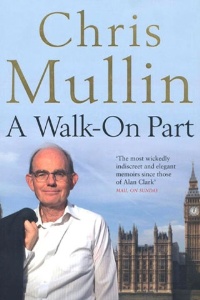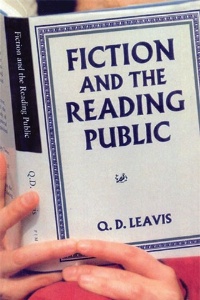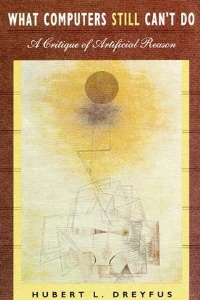David Eastwood, vice-chancellor and principal, University of Birmingham, is reading Ross McKibbin’s Parties and People: England 1914-1951 (Oxford University Press, 2010). “A brilliant explanation of why England became ‘a society with powerful democratic impulses but political structures and habits of mind which could not adequately contain them’. The distillation of a lifetime’s reflection, and as compelling as it is engaging. The historian’s art at its most disciplined and distinguished.”

Liz Gloyn, teaching fellow in Roman literature, Institute of Archaeology and Antiquity, University of Birmingham, is reading Ahdaf Soueif’s The Map of Love (Bloomsbury, 2000). “A richly textured and compelling novel about a family mystery – the puzzle is Anna Winterbourne, an English widow who travelled to Egypt and eventually married an Egyptian Pasha. As Amal, Anna’s great-niece, reconstructs her story from lost family papers, the echoes between the past and the present in both the political and personal spheres become ever more apparent.”

Stephen Halliday, panel tutor in history, Institute of Continuing Education, University of Cambridge, is reading Chris Mullin’s A Walk-On Part (Profile, 2012). “This is the third part of Mullin’s account of New Labour in its pomp. The diaries lack the vanity of Kenneth Clark’s diaries and the self-righteousness of Tony Benn but are for that reason more amusing, informative and charming. They also have the ring of truth, which is bad news for some of those who appear in their pages.”

Andrew McInnes, lecturer in English (education and scholarship), University of Exeter, is reading Q. D. Leavis’ Fiction and the Reading Public (Chatto & Windus, 1965). “After attending an excellent paper on the Leavises’ idea of the 18th century, I was inspired to read this combative book, first published in 1932. Here, Leavis offers refreshing readings of 18th-century writers, especially Hannah More. It concludes with a rousing peroration on researching, teaching and publishing on culture: a passionate plea for public engagement that is especially significant today.”

Jane O’Grady, lecturer in philosophy at City University London and the London School of Philosophy, is reading Hubert Dreyfus’ What Computers Still Can’t Do: A Critique of Artificial Reason (MIT Press, 1972). “Forty-one years ago, Dreyfus challenged the assumption that computers would soon be able to perform, in fact outperform, human thinking. Despite the adjustments to cognitive science made as a result of his critique, What Computers Still Can’t Do continues to be a pertinent title to the revamped edition of this classic.”
Register to continue
Why register?
- Registration is free and only takes a moment
- Once registered, you can read 3 articles a month
- Sign up for our newsletter
Subscribe
Or subscribe for unlimited access to:
- Unlimited access to news, views, insights & reviews
- Digital editions
- Digital access to THE’s university and college rankings analysis
Already registered or a current subscriber?
